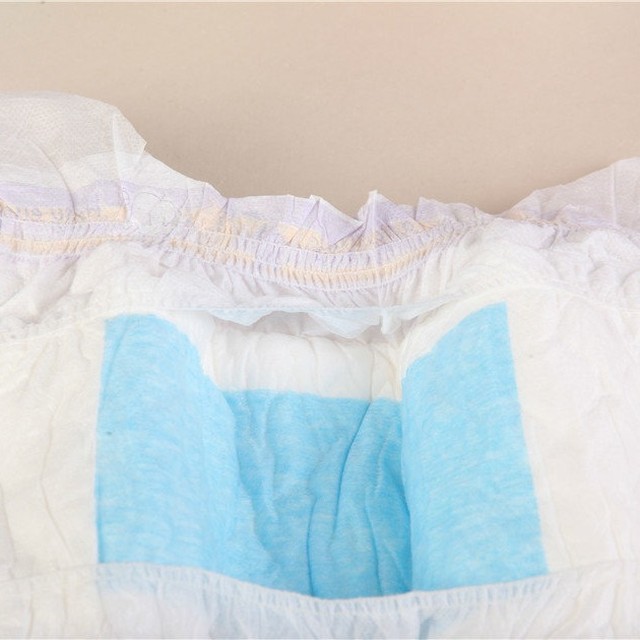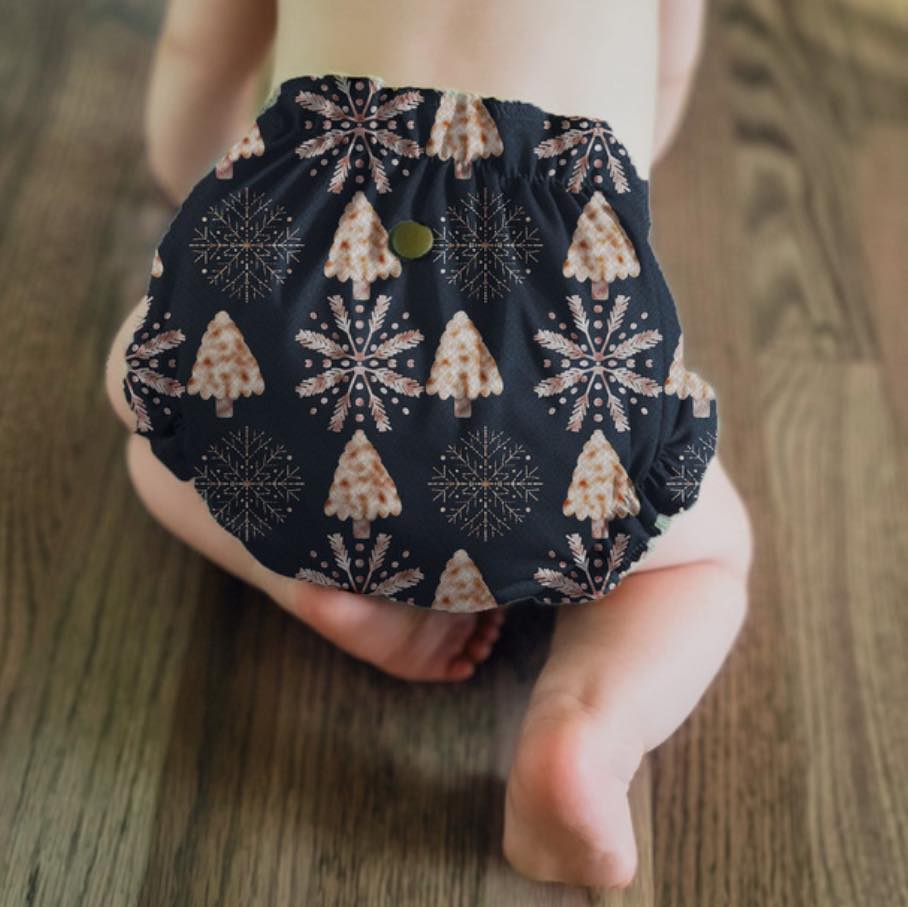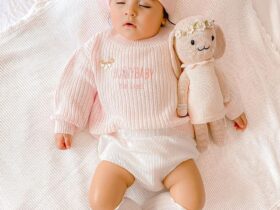Disposable diapers contribute over 1.5% of all trash, with 3.4 million tons in landfills yearly. Choosing between disposable vs cloth diapers involves considering environmental impacts and performance differences.
Some favor Cloth diapers for environmental and financial reasons, but most parents prefer the convenience of disposables. Each type has pros and cons, making the right choice depending on what suits your family best.
Expert opinions vary, highlighting the need for parents to weigh the benefits and drawbacks of each option. Ultimately, the decision should align with what works best for you and your baby.
Disposable Diapers
Choosing between disposable and cloth diapers for your baby involves weighing the pros and cons of each.
Understanding these factors can help parents make an informed decision that best suits their family’s needs and environmental concerns. Here are the benefits and drawbacks of using disposable diapers:

Advantages of Disposable Diapers for Babies
- Convenience: Disposable diapers are incredibly convenient. They are easy to put on and take off, making diaper changes quicker and simpler, especially when out and about or traveling. They are also widely available in various sizes and brands.
- Absorbency and Dryness: Modern disposable diapers use superabsorbent materials that keep the baby’s skin dry, which can help reduce the incidence of diaper rash. The inner liner wicks moisture away from the skin, and the outer layers contain it effectively.
- Health Considerations: Some studies suggest that disposable diapers might lead to fewer diaper rashes compared to cloth diapers because of their superior absorbency.
- Innovation and Safety: Many of the ingredients that raised health concerns in the past have been replaced with safer materials. For instance, latex has been replaced with spandex, reducing the risk of allergies.
Disadvantages of Disposable Diapers for Babies
- Environmental Impact: Disposable diapers significantly contribute to landfill waste. An estimated 3.5 million tons of disposable diapers end up in landfills each year in the U.S. Even biodegradable options often do not break down properly in landfill conditions.
- Cost: While convenient, disposable diapers are more expensive over the long term because they are single-use. The cost can add up significantly over the years a child is in diapers.
- Skin Irritation: Some babies might develop allergic reactions or skin irritation due to the chemicals, dyes, and fragrances used in some disposable diapers.
- Potty Training: The high absorbency of disposable diapers can make potty training more challenging as children may not feel wet or uncomfortable, reducing their incentive to transition out of diapers.
Cloth Diapers
Cloth diapers present a cost-effective and environmentally conscious option for parents, with benefits like long-term savings and fewer chemicals.
Evaluating these pros and cons can help parents decide if cloth diapers align with their lifestyle and environmental priorities. Here are the benefits and drawbacks of using cloth diapers:

Advantages of Cloth Diapers for Babies
- Cost Savings: While the initial investment in cloth diapers can be higher, they are cheaper in the long run because they are reusable. This savings increases if the diapers are used for subsequent children.
- Chemical-Free: Cloth diapers are free from the chemicals found in disposables, making them a more natural option. This can be reassuring for parents concerned about exposing their baby to potential allergens or irritants.
- Environmental Considerations: Cloth diapers do not contribute to landfill waste as disposable diapers do. However, their environmental impact depends on laundering practices.
- Potty Training: Some believe that cloth diapers might help with potty training as children may feel the wetness more quickly, encouraging them to transition out of diapers sooner.
Disadvantages of Cloth Diapers for Babies
- Laundry and Maintenance: Cloth diapers require significant effort to wash and maintain. This includes additional laundry loads (typically two to three extra loads per week), which can increase water and electricity bills.
- Leakage and Fit: Cloth diapers are generally more prone to leaks than disposable ones. Using a diaper cover can help prevent blowouts, but it adds an extra step to the diapering process.
- Travel and Outings: Managing cloth diapers when away from home can be inconvenient as you need to carry soiled diapers back with you, which can be messy and unpleasant.
- Diaper Rash: Although cloth diapers are often touted as better for preventing diaper rash, they can lead to more rashes if not changed frequently enough because they are less absorbent than disposables.
Which is Better, Disposable or Cloth Diapers?
Both disposable and cloth diapers have their own sets of advantages and disadvantages. Disposable diapers offer convenience, superior absorbency, and reduced diaper rash but contribute significantly to landfill waste and are more costly over time.
Cloth diapers are more economical in the long run, reduce waste, and are free from many chemicals but require more maintenance, and frequent changes, and have a notable environmental impact due to laundering.
Parents should consider their priorities, lifestyle, and environmental concerns when choosing between cloth and disposable diapers. Each family’s best choice will depend on their unique circumstances and values.
For more detailed baby care tips and to explore a variety of parenting resources, visit Moon Mystical. Our expert advice can help you make informed decisions tailored to your family’s needs.















Leave a Reply
View Comments